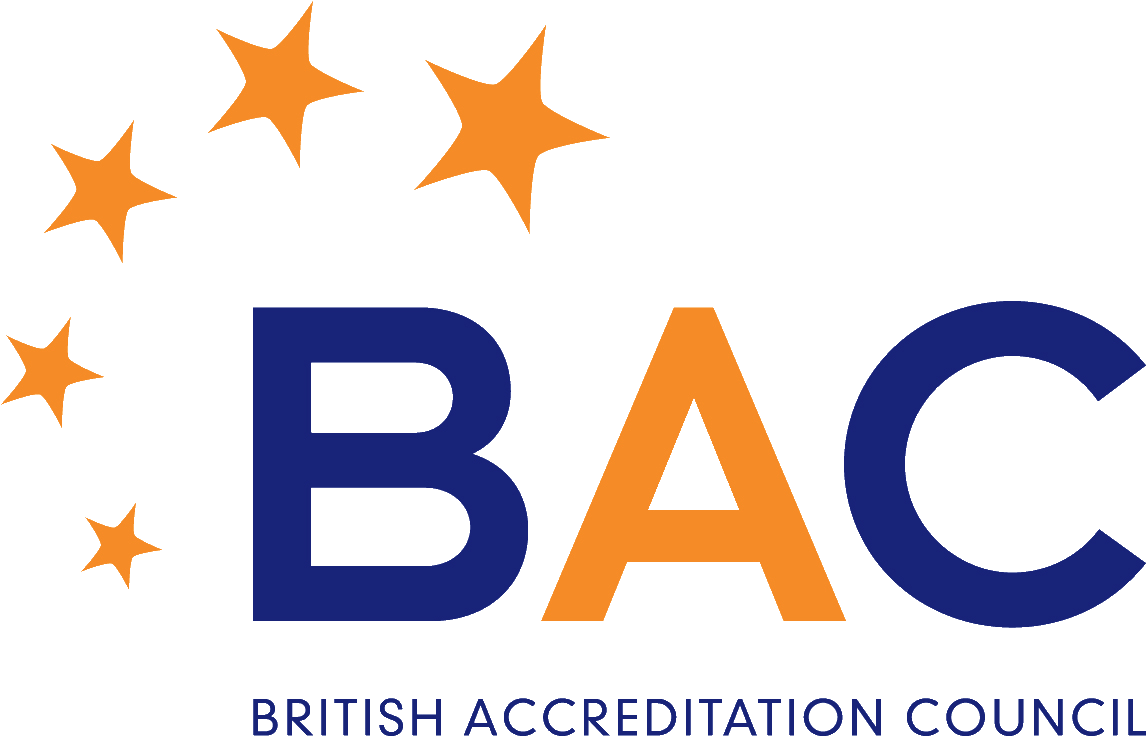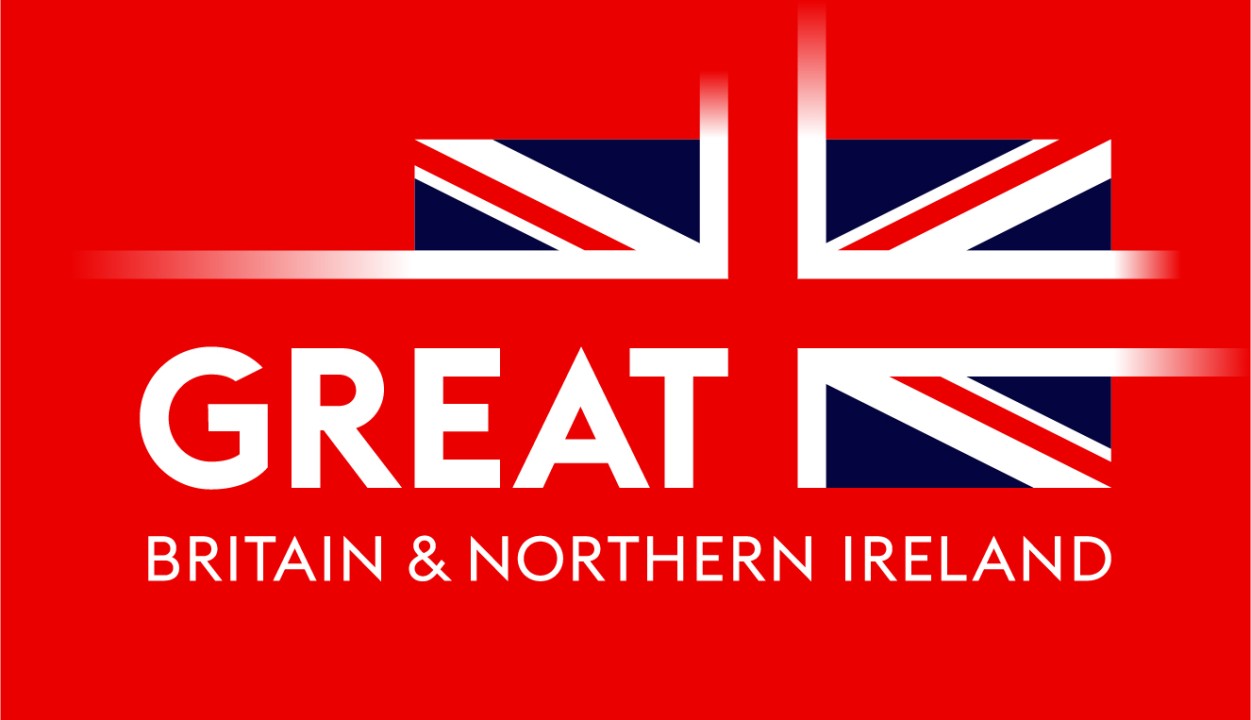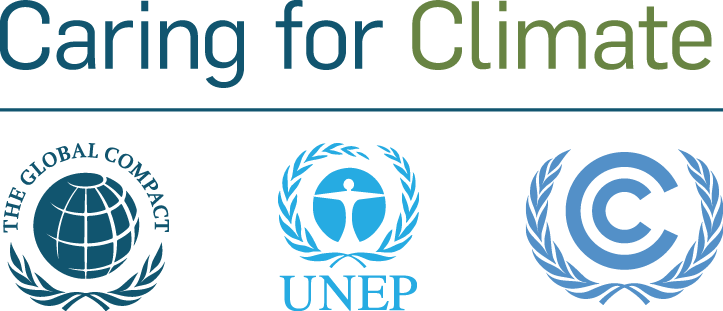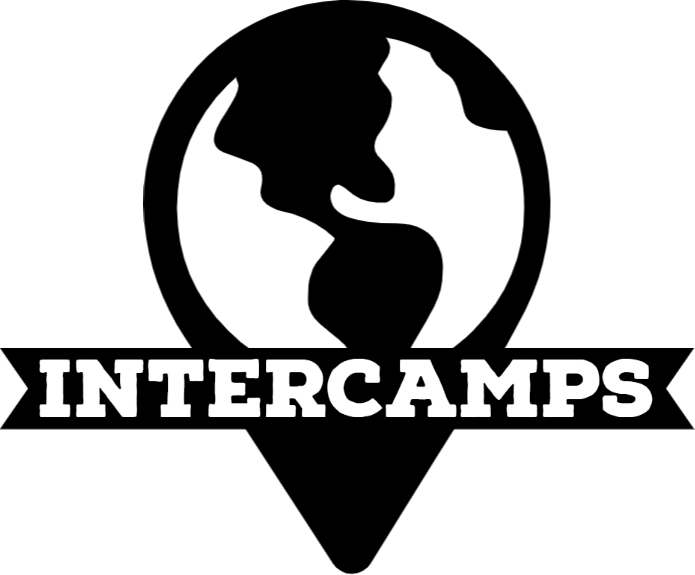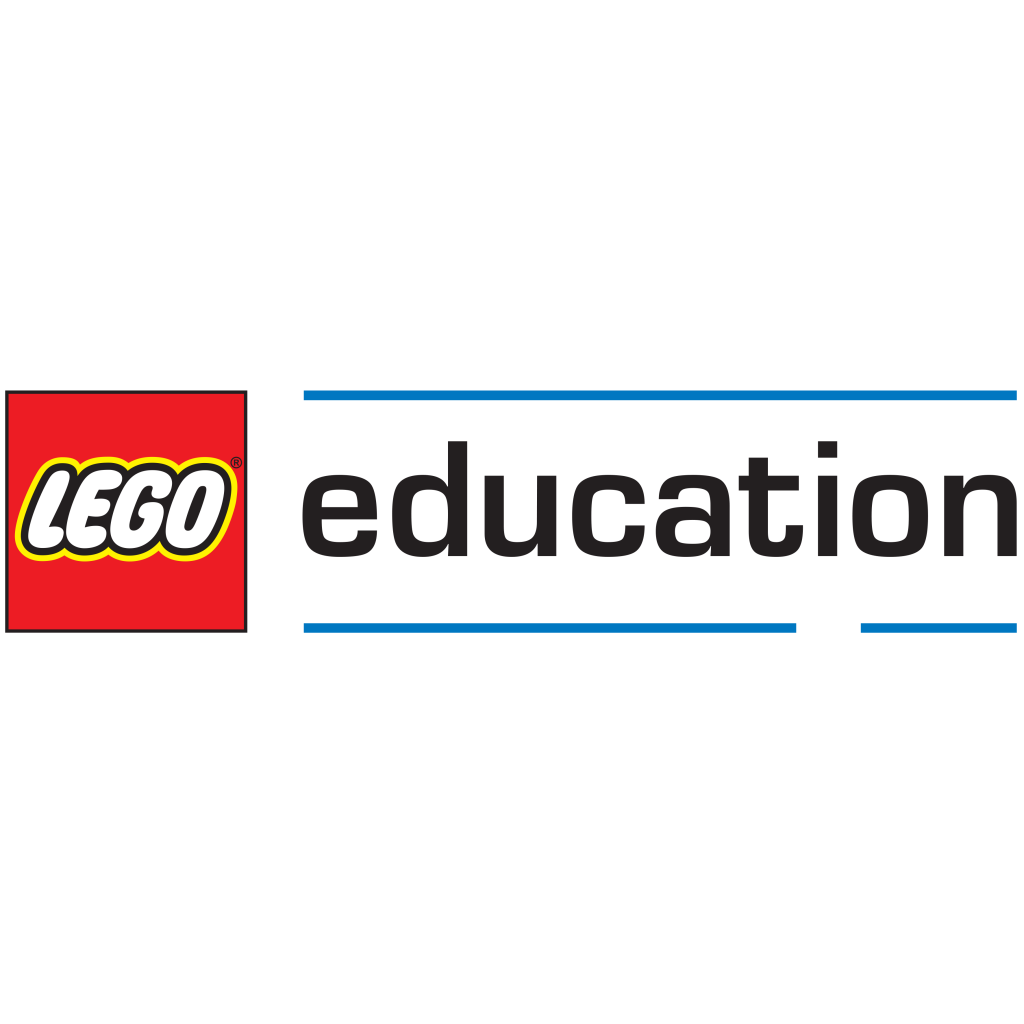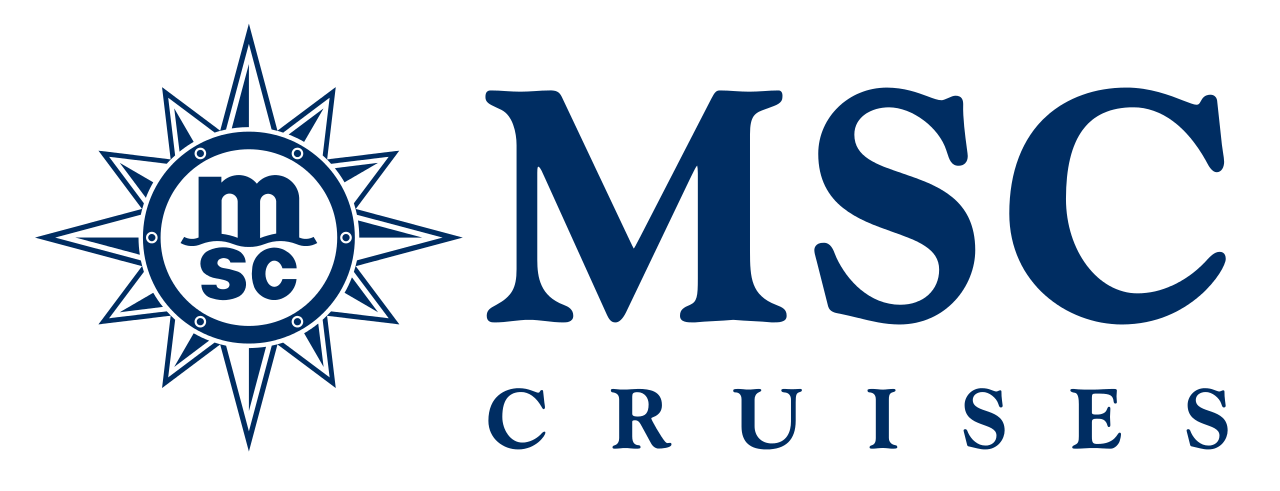History of SUL Education
Let's appreciate our past and innovate for a better future.
SUL, a family run language school, was founded by Christopher and Nicole Retallack in 1976. Christopher is from Cornwall in England and Nicole is from France.
SUL began offering English language courses to Juniors and adults in the beautiful county of Cornwall. Our student numbers grew by establishing many new centres throughout the UK and Ireland. Our students now come from all over the world.
History of SUL
SUL, a family run language school, was founded by Christopher and Nicole Retallack in 1976. Christopher is from Cornwall in England and Nicole is from France.
There is now a wealth of experience and expertise in our head office team. We all believe in helping our students benefit not only by improving their skills in English, but also by gaining greater self-confidence, a more broad minded approach to life and many new friends from many different countries.
SUL began offering English language courses to Juniors and adults in the beautiful county of Cornwall. Our student numbers grew by establishing many new centres throughout the UK and Ireland. Our students now come from all over the world.
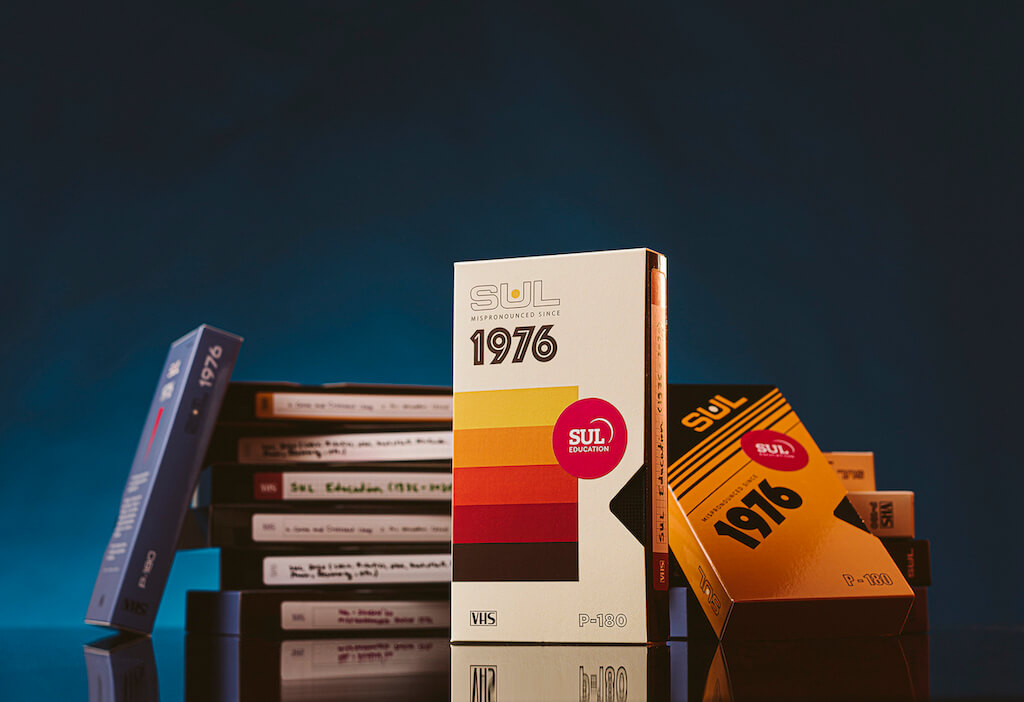
THE STORY OF SUL: BEFORE SUL
Back in 1976, SUL Education founder's Christopher Retallack’s teaching career were taking groups of students on 10 day study visits in Britain and France. These visits were surely the foundations of SUL, as they were so useful for the work that was to come. However, Christopher’s involvement in education started way before that. Where did his life dedicated to international relations begin?
As a child, Christopher would listen to tales of his father’s travels in India and South Africa, and from his mother, whose uncles worked in China, Egypt, India, Afghanistan and Iran. At 16 years of age, he went on a wonderful student trip to France, as a volunteer, to help build a youth centre near Lyons. His first experience of another culture was such fun that he was ready for more.
Maybe it was reading novels about foreign adventures which inspired him to work abroad as a volunteer in 1965. At the age of 18 years, having finished with school and obtained a place at university, Christopher was selected by an organisation called VSO to be a teacher in the Solomon Islands in the south west Pacific. What followed was one of the greatest adventures of his life; a year on a tiny island, teaching in an amazingly self-sufficient school. They grew or caught all their own food and built school buildings from forest trees and sold copra from the coconut trees to buy tea and wheat flour for bread, books, uniforms and various other hardware. The post came once a month by boat, if the weather was fine.
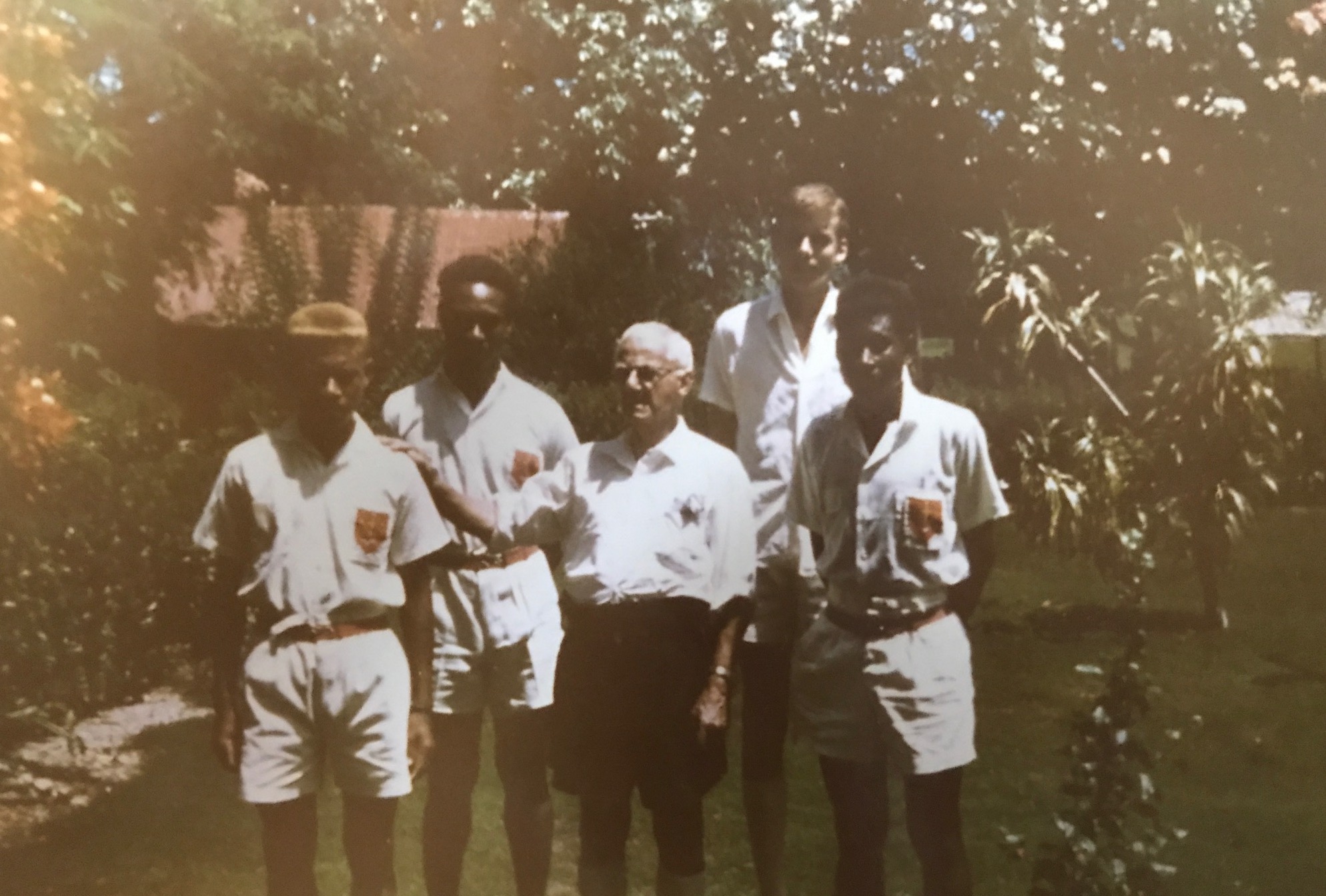
This was Christopher’s first experience of total education as a joyful experience; he admits that he probably learned more than he taught. Diving, fishing, making a dugout canoe, building a library, surviving malaria and an earthquake and learning to play the ukulele and sing local songs with the boys’ glorious island harmonies were all part of his own educational journey. Christopher lived amongst lovely, happy people, who had nothing but their brains and determination to work hard to help them progress. He has remained in touch with a teacher and student from that school, which was sadly destroyed by cyclones.
 Then beginning in 1966, Christopher had four amazing years at Cambridge, studying Geography and, in his final year, Agricultural Economics. During one summer holiday, he was invited to join a joint university expedition to Iceland through a student he had met on his French summer holiday trip. They explored the whole island, essentially studying recent volcanoes; an amazing land of ice and fire. Myvatn was where they cooked breakfast directly on hot lava and later in the south, swam in hot pools surrounded by snow.
Then beginning in 1966, Christopher had four amazing years at Cambridge, studying Geography and, in his final year, Agricultural Economics. During one summer holiday, he was invited to join a joint university expedition to Iceland through a student he had met on his French summer holiday trip. They explored the whole island, essentially studying recent volcanoes; an amazing land of ice and fire. Myvatn was where they cooked breakfast directly on hot lava and later in the south, swam in hot pools surrounded by snow.
Christopher also had his first experience of competitive basketball, eventually playing for Cambridge against Oxford in the UK universities’ cup final.
In 1968 in the summer holidays before his final degree year, he travelled on a fishing boat from mainland Scotland to the beautiful and remote Shetland Islands. It was there, while he was researching the effect of remoteness on economic development, Christopher met Nicole, his future wife. She is from France, so here began a lifetime of speaking French as well as English and working to promote international relations and education.
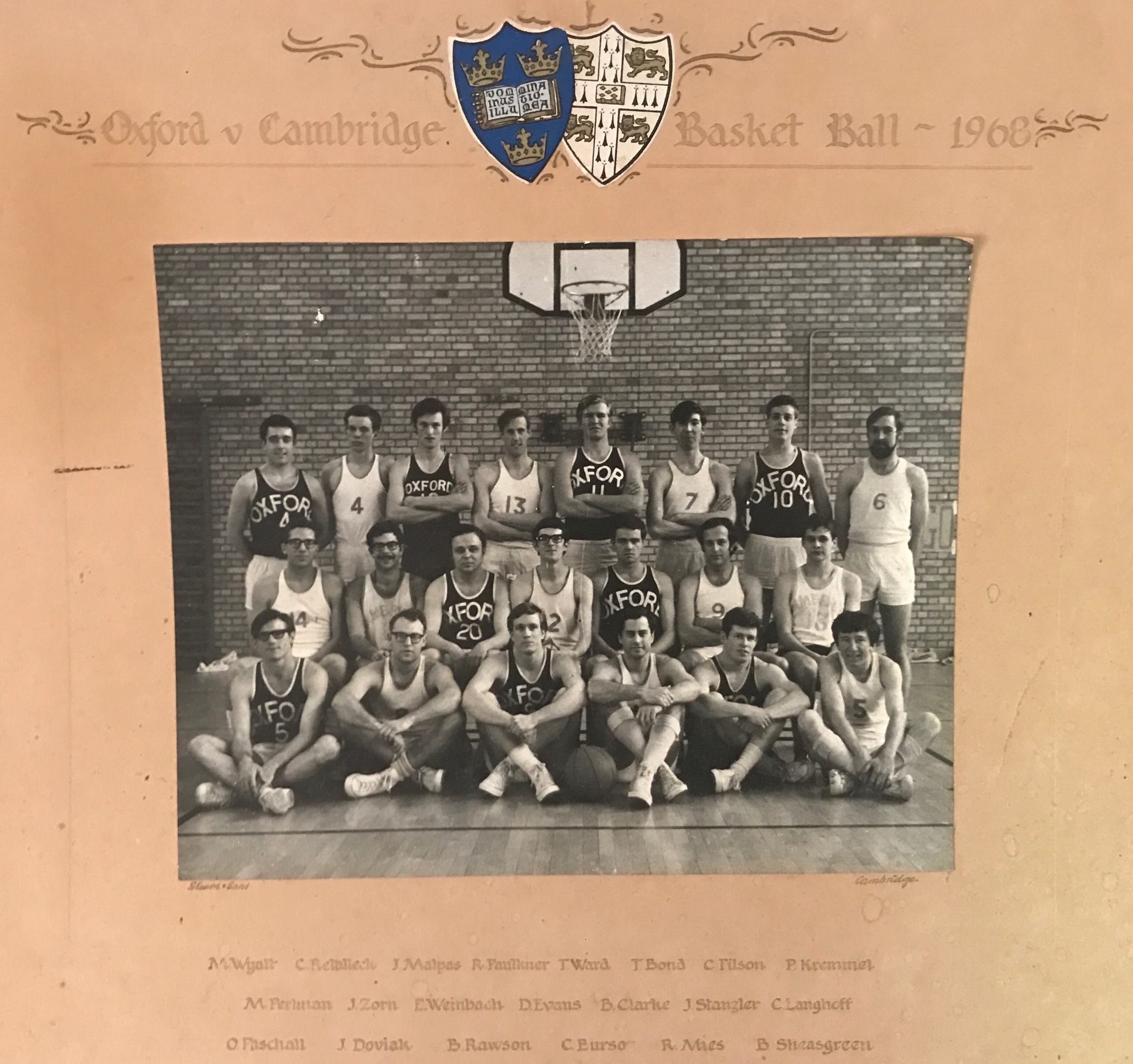
No sooner were they married than they had to fly to Zambia to begin work teaching local farmers to grow food for sale using low tech methods, and how to conserve their precious soils. Just as in the Solomons, the local people knew how education was vital to improving their lives and they were eager to learn new skills. Christopher received his first environmental training from a great conservationist from Holland and the joys of international education continued. Africa remains in Christopher’s and Nicole’s blood, not to mention a dose of malaria, and they return there as often as possible.
They returned to the UK following the arrival of their first son, who needed better medical care. An opportunity arose to change careers and Christopher trained to teach 12-18-year-olds in a community school in Cornwall, which he then did for 15 years, starting in 1973. He found teaching European children a humbling experience as not everyone is was automatically convinced of the value of school education as in the Solomons or Africa. Christopher found that teachers had to work hard to inspire and encourage children to prioritise learning in this precious time of their lives. Some of the most inspiring moments were being able to take groups of students on 10 day study visits in Britain and France. These visits were not only enormous fun but so useful in understanding what was needed to ensure successful school visits away from home. Christopher still remains friends with former pupils and they all remember the Geography expedition school trips. When Christopher meets SUL’s foreign school groups, he makes a point to thank the teachers for making the effort to take their children abroad. It is a lot of extra work and worry but such a valuable life changing experience for students.
So now you perhaps understand why Christopher and Nicole said ‘yes’ when in 1976 a friend came to see them, saying that a French friend he’d met on a school exchange as a teenager was now a teacher in France. This teacher wanted to bring his class on a language holiday to Cornwall during the summer holidays. Since Christopher was a teacher and Nicole is French, this seemed like a great idea and the result was such a success that the flow of French students has never stopped.
From these beginnings, SUL was born.
THE STORY OF SUL: MAKING THE MOST OF UNEXPECTED OPPORTUNITIES
Way back in 1976, Christopher was a secondary school teacher in Cornwall and as part of his work, he enjoyed organising and leading field trips in the UK and France. These trips were for 7-10 days and included overnight stays in hostels or on campsites. One day, a friend came to Christopher with a proposition; to use his skills as a teacher and his wife Nicole’s fluency in French to organise a language holiday in Cornwall. The friend knew an English teacher in France who wanted to bring his class over to England to experience Cornwall and take some English lessons. Nicole visited and selected most of the host families needed to accommodate the French students and Christopher interviewed and hired the teachers.
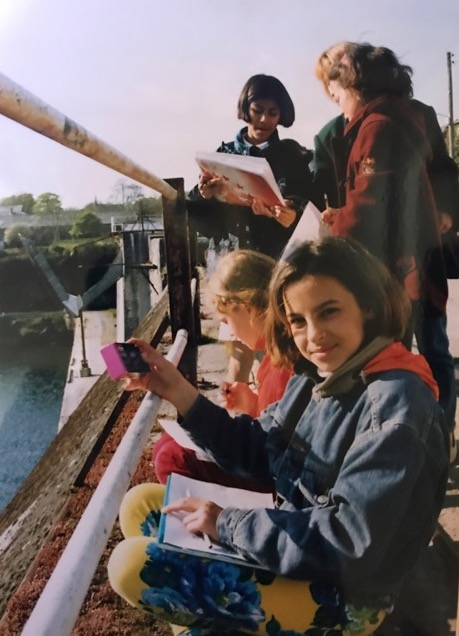
The trip was such a success that it was decided to go into business on a more permanent basis. Christopher was introduced to Mr Michel, who was setting up a study travel company to be run by his son, a business student called Jean-Francois. Nicole Loilleux came on board along with Till Gins, the owner of the OISE group of language schools. In the early days, Christopher shared the work generated by this French company.
Over the next few years, Christopher was asked by a company called Cap Monde to take more and more students, so he set up new host family centres at the rate of about one per year. Coaches from France would arrive with 48 students who were all placed singly with local families who had called to be considered as hosts. Those days were quite different from nowadays, far less regulated but there was room for so much creative thinking. Students enjoyed horse-riding, sailing, windsurfing, racquet sports and exploring the beautiful Cornish landscape and cultural heritage.
Christopher and Nicole ran the first two centres but as the business expanded, they appointed local organisers to look after the new centres, which grew to more than ten in Cornwall. Bodmin was followed by St Austell, Falmouth, Truro, Redruth, Cambourne, Saltash, Torpoint, Penzance and Liskeard and finally the first ever residential centre in St Joseph’s, Launceston. All the courses were for closed groups of students, sharing the same language.

Four years on and the decision was taken to set up a new company; SUL Holidays was born in 1980, which was later renamed as SUL Language Schools. The business began with Christopher and Nicole working from home in the evenings, weekends and holidays. However, they moved to a separate house creating offices and classrooms and the office team began to grow, too. They found themselves working 360 days a year so Christopher decided he had to stop working as a school teacher and devote himself full-time to SUL. This was made easier by a favourable change in UK VAT tax law, thanks to a legal challenge by Pilgrims Language Courses Ltd.
As demand grew from France, Spain and elsewhere in Europe, new host family and residential centres werhile teaching in Bodmin.
Behind so much of what Christopher and Nicole have been able to achieve is a global network of friends they were fortunate to have met throughout their lives. Such was the unexpected result of accepting an unusual suggestion of a friend.
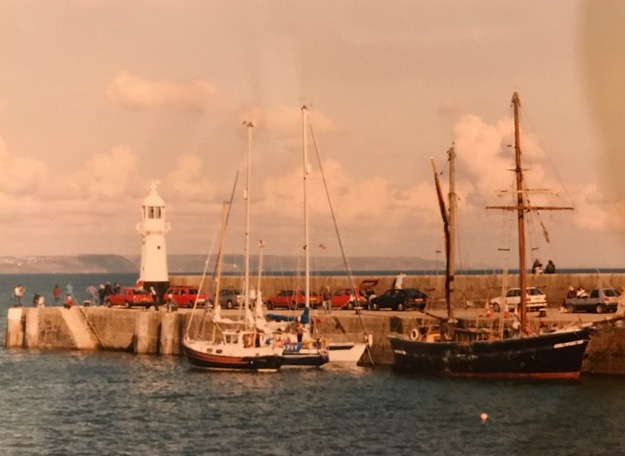

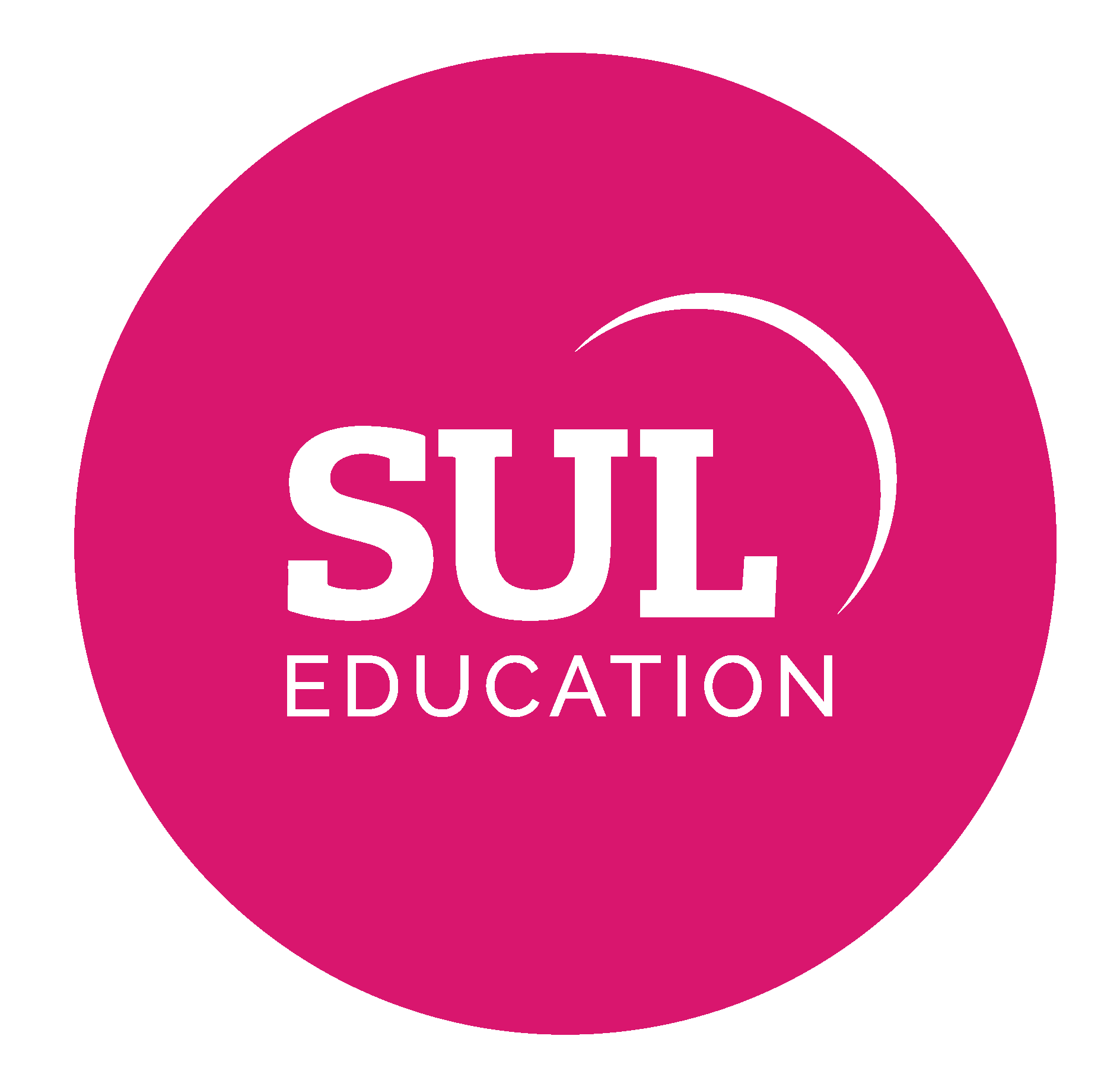

 +44 330 533 0315
+44 330 533 0315  marketing@sul-schools.com
marketing@sul-schools.com 